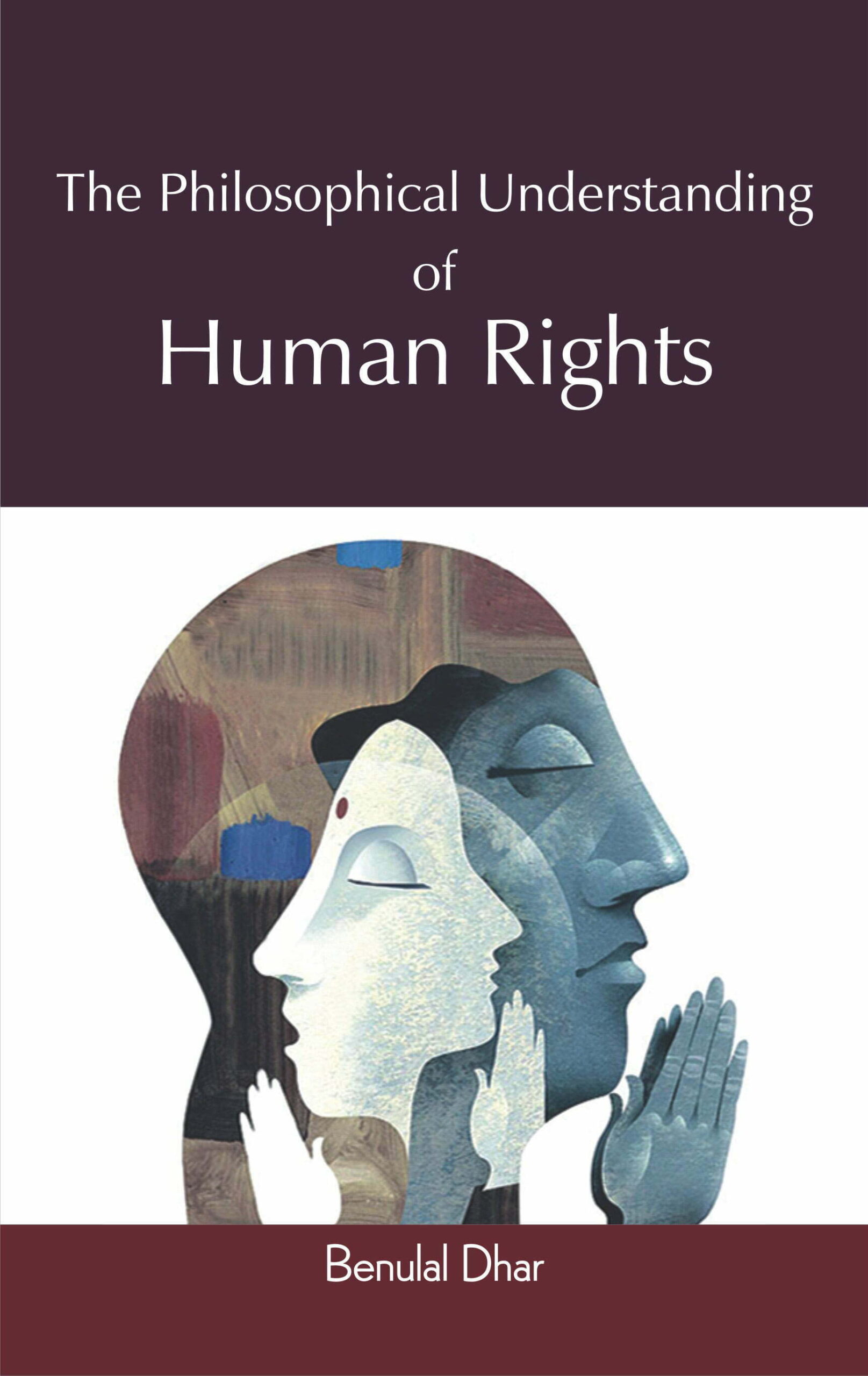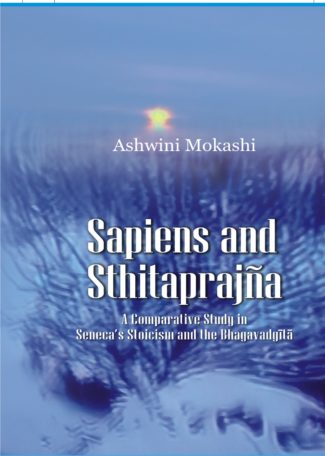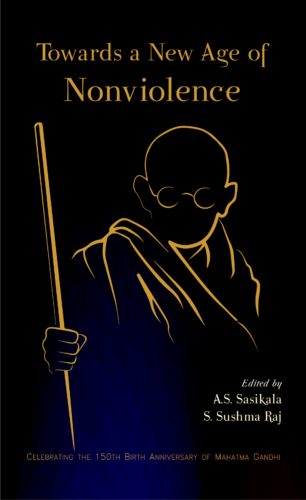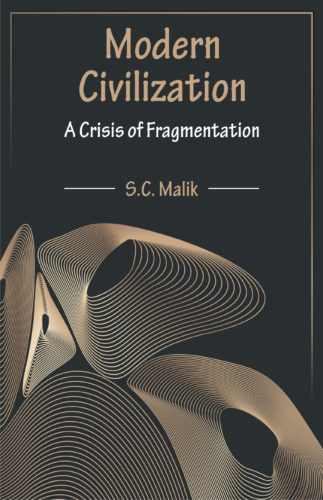

Philosophical Unders...
Philosophical Understanding of Human Rights
by: Benulal DharThis book investigates the doctrine of natural rights and its critiques, and assesses the world-view which has shaped formulation of the theories of natural rights. It presents a clear exposition of some contemporary philosophical theories of rights developed independently of the natural rights paradigm and discusses the theories wherein the conception of rights is found to be compatible with utilitarianism.
Original price was: ₹500.00.₹450.00Current price is: ₹450.00.
ISBN: 9788124607145
Year Of Publication: 2013
Edition: 1st
Pages : xii, 196p.
Bibliographic Details : Bibliography; Index
Language : English
Binding : Hardcover
Publisher: D.K. Printworld Pvt. Ltd.
Size: 23
Weight: 470
Human rights is a topic that gets vividly and seriously debated at varied platforms, globally. The concept of human rights has a rich philosophical and theoretical tradition, and its philosophical dimension deserves proper attention. Having given an account of the origins and historical development of the idea of human rights, the book investigates the doctrine of natural rights and its critiques, and assesses the world-view that has affected its formulations.
The work also presents a clear exposition of some contemporary philosophical theories of rights developed independently of the natural rights paradigm and discusses the theories wherein the conception of rights is found to be compatible with utilitarianism. And, finally, while briefly arguing for discursive understanding of human rights based on the diversity of morals that is embedded in different cultural traditions of the world and for reconstruction of the conception of human rights in more inclusive and cross-cultural terms, the author analyses the conception of human dignity from the Vedantic perspective as a case study, which is regarded as an important underlying principle of human rights.
The volume is intended to introduce students and practitioners of human rights, and general readers to the philosophy of human rights.
Preface
Acknowledgement
1. Introduction
The Challenges
What Does Philosophical Understanding Mean?
A Definition and Initial Characterizations of Human Rights
The Subject Matter and Plan of the Work
2. The Idea of Human Rights: Its Origins and Historical Development
Rights: Tracing the Philosophical Lineage to the Ancient and Medieval World
The Idea of Natural Rights: Historical Development in the Modern Period
The Idea of Natural Rights: Some Critical Responses
The Idea of Human Rights: Some Contemporary Developments
Conclusion
3. Rights as Natural Endowment: Some Philosophical Theories
Thomas Hobbes: Setting the Stage for Modern Rights-debates
John Locke: Rights as Centre-piece of Political Thought
Thomas Paine: Restatement of Natural Rights
Conclusion
4. The Natural Rights Paradigm: Some Critical Responses
Jeremy Bentham: Natural Rights as Nonsense upon Stilts
Edmund Burke: Natural Rights as Pretended Rights
Karl Marx: Natural Rights as Rights of Egoistic Man
Some Other Critical Reactions
Conclusion
5. The Western World-view and Natural Rights: An Assessment
The Primacy of the Individual
Rationality
Conclusion
6. Human Rights: Inventing New Dimensions
Rights as Recognized Claims
Rights as Taking a Stand
Rights as Constellations of Hohfeldian Elements
Rights as Claims
Rights as Recognized Entitlements
Conclusion
7. Human Rights and Utility
Utilitarianism: An Overview
Evolutionary Utilitarianism and Rights
Revisionist Utilitarianism and Rights
Conclusion
8. Human Rights, Moral Diversity and Indian Thought
Human Rights and Moral Diversity
The Kantian Conception of Human Dignity
The VedÀntic Conception of Human Dignity
Conclusion
Bibliography
Index








